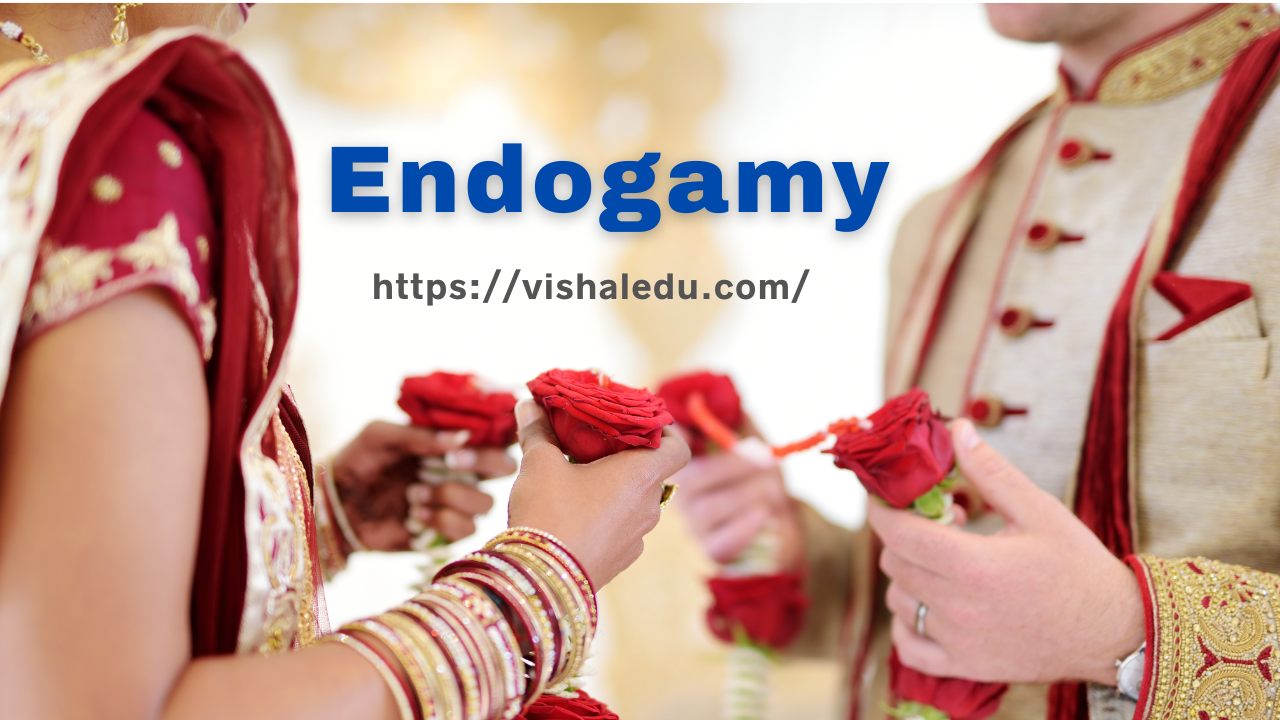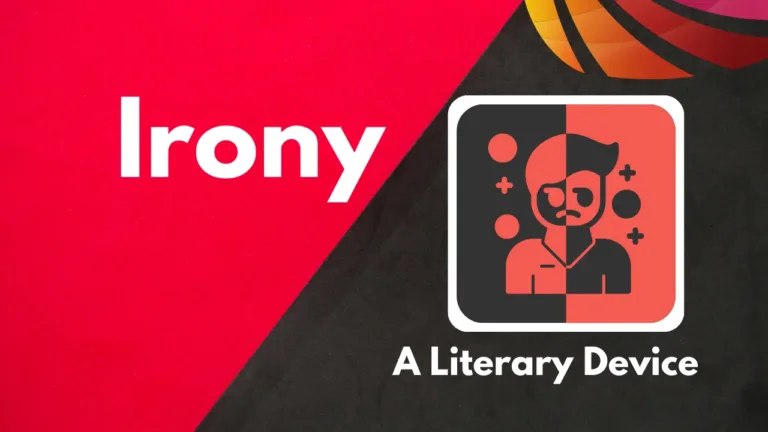Endogamy: It’s Advantages and Disadvantages
What is endogamy? It is a process of traditional marriages within particular social, religious and ethnic group. It is a culture specific activity that is present in diverse societies across the world. It is a cultural tradition and persisting from generations having historical social and religious significance.
Marriage is a universal tradition that varies in different cultures and specific regions. One of the particular types of marriage within own culture is it. Endogamous marriages have the qualities of same background, tradition, values and even castes.
Historical background
In ancient civilization this tradition is also present and we have come to know about it through different researches. In that era such type of marriages is used to maintain social setup reservation of wealth and for the enforcement of cultural norms. If we study the historical record of society of India, China and Egypt official find it easily.
Summary
Endogamy is a tradition of marrying within own group. These marriages are common in many countries of the world. Endogamous marriages are characterized by sharing cultural backgrounds, traditions values and customs. It is helpful in preserving cultures and other traits. There are a number of genetic risks in it. It can generate health issues, limited inheritance of genes, limited perspective and narrow view of the world.
List of several religious, cultural and ethnic groups that are practicing endogamous marriages is as under:
- Orthodox Judaism
- Parsis
- Rajput’s
- Coptic Christians
- Armenians
- Assyrians
- Arab tribes
- Hindu Jati’s
- Yazidi’s
- Christian community of India
- Iranians
- Cypriots of Greek
- Ecclesiastes of Mormonism
Cultural significance
It is helpful in preserving cultural heritage by assuring that this tradition will pass down to the coming generation. This type of rehearsal of marrying in own group fosters a strong societal bond. In this way ancestral customs and traditions are protected and recognised as an identity.
Religious influence
According to specific religious laws of several religions it is good to marry in own specific religions to maintain and established religious purity. Many religions advocate to marry in a same faith.
What are the Dynamics of endogamous practices?
There are a number of dynamics of such type of practices.
It is the means of social cohesion, which is maintaining stronger bonds in the community. In this way support is given to the individuals by developing a sense of belonging.
It is a practice which can minimize the exposure of diverse perspective. It is an obstacle in social interaction with other communities.
With the passage of time, rigidity of this marriage has been softened. Globalization and changing values of society according to the need has softened it.
Impact and controversies of endogamy
Endogamous marriages are used to protect wealth and inheritance. In this way it can affect socio economic movement in community having positive and negative factors.
It can generate such type of endogamous practices which are hard and can lead to social inequality. It can create controversies among intergroup relations. Prejudice against others, is another feature which might be reinforced by this practice.
Endogamy in India and Pakistan
In India where the people are divided into castes and caste system does not allow the people to be united with the people of other castes. It is good because of some merits like social organisation, cultural preservation and strong bonds among the families.
But it has some drawbacks as well like separation among people bias and prejudice. Center for cellular and Micro Biology of Hyderabad, India has claimed on the basis of research that endogamous marriages are the cause of cardiac failure in Indian population at their younger ages.
Endogamous marriages in Pakistan are common. Pakistanis are also divided on the basis of regions and languages. Punjabi families prefer to be united with Punjabis not with Saraiki’s and others. Cultural bond is also playing its role.
Sindhi people who are speaking Sindhi language do not permit their offspring’s to marry with the people of other cultures, same is the case with Balochis and Pakhtoons .But exceptions are found everywhere, some people are marrying into other communities.
In India and Pakistan this type of bond is breaking because of globalization. At international level endogamous marriages are celebrated with grandeur and dignity.
Pros and cons of endogamous marriages
Pros
It helps in maintaining and preserving culture, heritage and traditions.
It is a source of social cohesion which gives sense of unity and solidarity among the members of communities.
Endogamous marriages are helpful in economic benefits stability and preservation of properties and wealth of the same group.
Endogamous marriages lead towards greater compatibility and understanding and reduce the conflicts of different cultures and religions.
Cons
One of the major disadvantages of it is limited genetic diversity because it leads towards genetic disorders and problem of health due to specific traits of same genes.
Endogamous marriages minimize intellectual growth and progress as well. It creates hindrance in generating new ideas and perspectives.
It is the reinforcement of stereotypes. It doesn’t not allow individuals the freedom of choice for life partner.
Endogamous marriages can lead to discrimination, division and other social behaviors.
Conclusion
Endogamous marriages have both merits and demerits that depends upon cultural context and surrounding of an individual. It is helpful in raising unity, securing cultures and the purity of religions. But the point to be noted is that before entering into an endogamous marriage be careful, understand its potential benefits and respect the choices of individuals.







